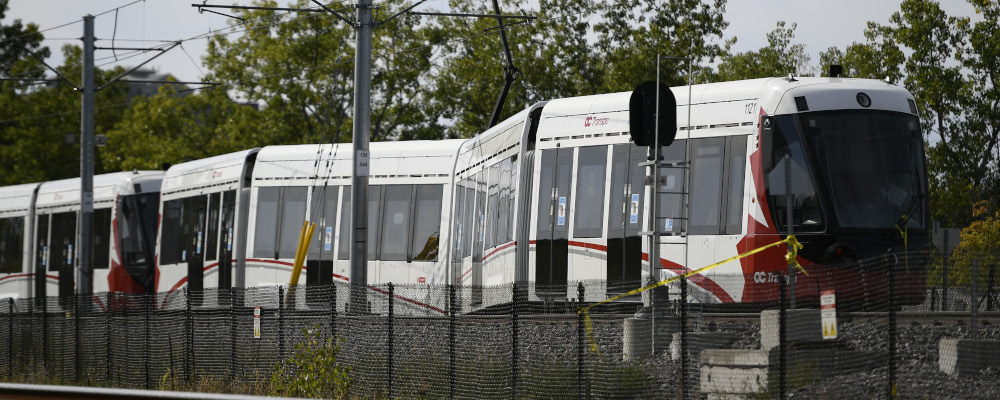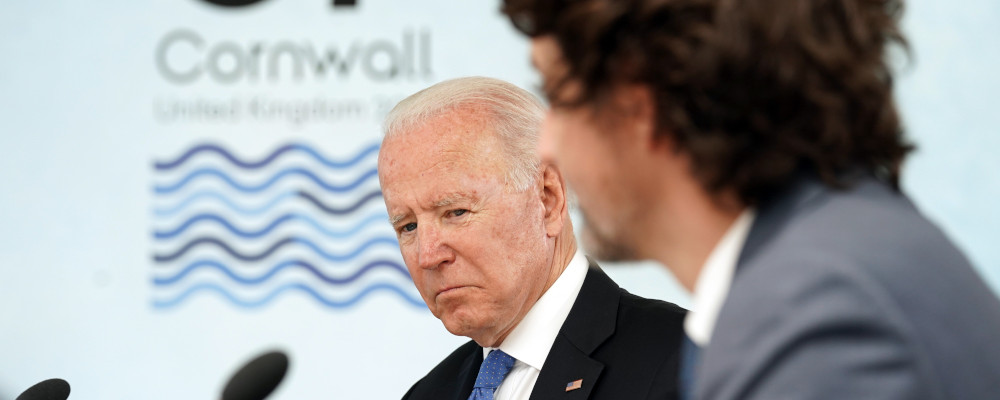Over the coming days, The Hub will publish mandate letters for the incoming cabinet ministers that set out a series of bold policy prescriptions that would cumulatively tilt Canadian politics towards a different and better future.
The best antidote to anger and frustration is aspiration and purpose. The campaign has demonstrated how urgently Canada’s body politic needs such a remedy. There’s no time to waste. It’s time to get to work.
Dear Minister of Infrastructure,
I am honoured that you have agreed to serve Canadians as the Minister of Infrastructure.
As you know, our government must have a both a short- and long-term orientation. The immediate priority is to help the country through the COVID-19 pandemic and to catalyse a post-pandemic recovery. Getting Canadian businesses and families to the other end of this crisis is the key to restoring stability and optimism in our economy and society.
Beyond that, though, over the long term, we face many opportunities and challenges including geopolitical instability, aging demographics, climate change, reconciliation with Indigenous peoples, long-term fiscal challenges, low productivity, and slow growth.
Each of these issues could easily consume a government’s attention, focus, and resources. But we do not have the luxury of prioritizing one or some of them. They require similar levels of energy and ambition if we are to lay the foundation for a different and better future for Canadians.
An emphasis on the future is a much-needed antidote to the growing anxiety and pessimism in our country. Even before the pandemic, too many Canadians worried that their children will not have the same opportunities and living standards as them. The pandemic has exacerbated these concerns and cast a pall of uncertainty over our economy and society.
In this context, Canadians have grown skeptical of the ability of government to put aside partisan differences or short-term political advantage and make the hard yet necessary choices to mitigate our long-term challenges and accentuate our opportunities. It is incumbent on us to prove to Canadians that their skepticism and doubt is unwarranted. We must rebuild their trust through our actions and choices.
This principle extends to all aspects of governance. Our government must live up to the highest ethical standards, including openness, honesty, and accountability. I expect you to reflect these values in your work. It is critical that we honour Canadians’ trust in us and the history and dignity of the institutions and roles that we occupy.
Our immediate policy priorities flow from the best ideas and rooted in evidence. I ask that you work with your colleagues to deliver on the following key priorities:
- Chair a sub-committee of the Cabinet Committee on Economy and the Environment focused on national coordination of infrastructure spending, including a results-based focus across the federal government regarding our $187-billion infrastructure plan;
- Spearhead development of the National Infrastructure Assessment, including by appointing an independent advisory body to oversee the assessment, which is to set a prioritized framework for infrastructure development through 2050 based on the country’s economic, social and environmental needs and interests;
- Ensure the continued effective delivery of pandemic-related infrastructure programs, such as the COVID-19 resilience stream;
- Work closely with provinces and territories, and municipalities as appropriate, to advance our urban agenda, such as through the planned Permanent Transit Fund and our commitment to encourage public transit-oriented development;
- Work closely with your Cabinet colleagues who will lead our priority of Indigenous reconciliation and our initiatives regarding daycare and long-term care, ensuring that the needed capital spending is prioritized;
- As minister responsible for the arms-length Canada Infrastructure Bank, ensure that it continues to play a critical role in effective infrastructure delivery by marrying public interest development with market-oriented rigour.
I know I can count on you to fulfill these responsibilities and help to deliver a different and better future rooted in prosperity and opportunity for all Canadians.
Recommended for You

Christopher Hume: Funding civic infrastructure isn’t sexy but we’ll regret neglecting it—just ask Calgarians

Five Tweets on Calgary’s water shortage crisis

Canada must more than double the average number of homes built annually to meet the federal housing plan

Geoff Russ: Natural resources have always been a pillar of Canada’s prosperity. There’s no sense in changing that now








